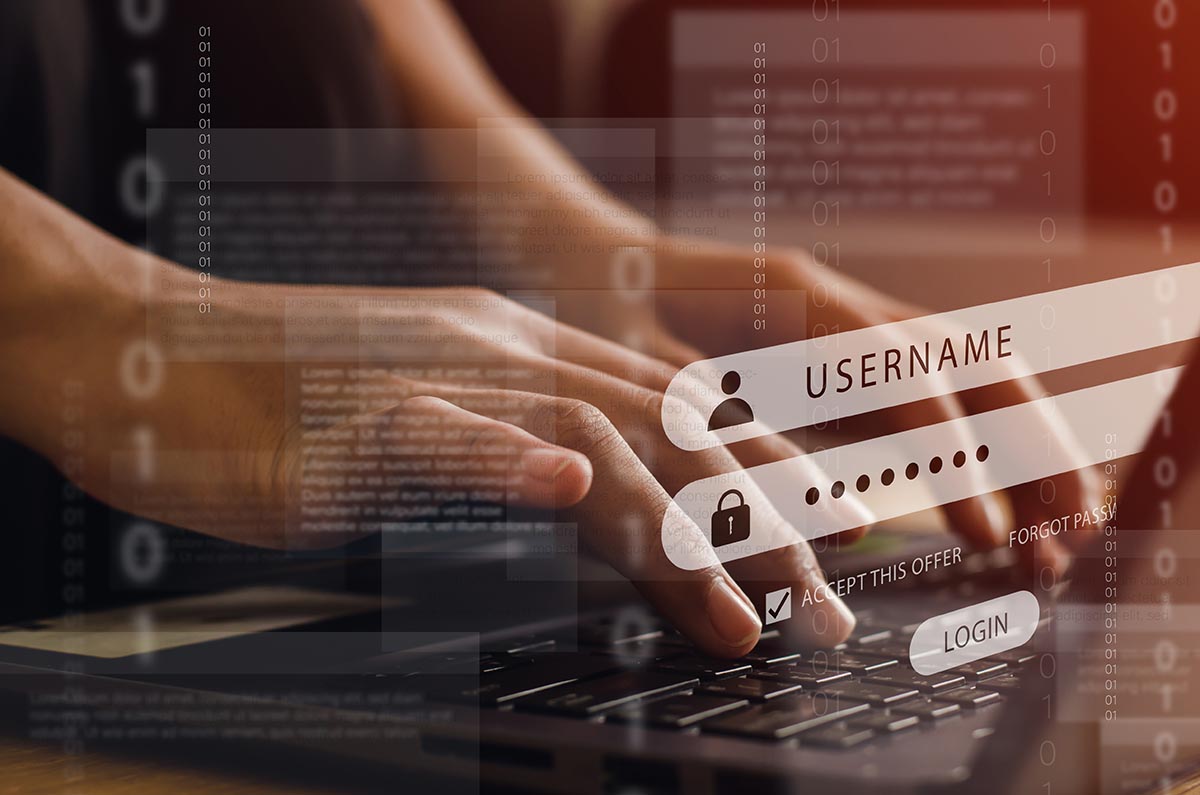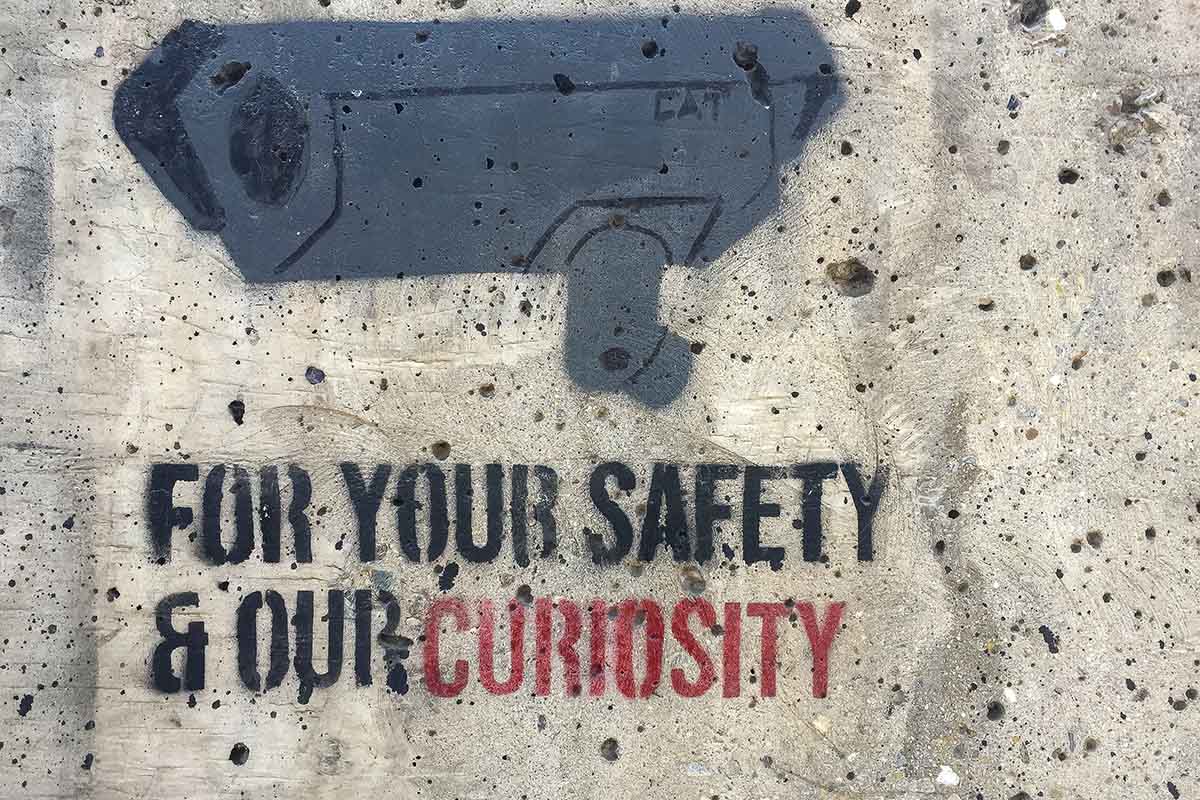What You Need to Know About Digital Forensics
Tips and Tricks Everyone Should Know in Order to Keep Their Website Safe From Hackers.
As the age of technology persists, the use of digital forensics becomes increasingly important in order to protect websites from hackers.
As technology evolves, so do hackers’ tactics and capabilities to erase, alter, or expose personal information from private websites, emails, or messaging platforms.
Whether you are a business owner, a government official, or even just a blogger, here is what you need to know about digital forensics and how it can prevent hackers from causing damage to your website.
What is Digital Forensics?
Digital forensics is a form of forensic science that uses recovered digital material from digital devices; most often used for computer crimes.
Digital forensics can be crucial in any court case when trying to find evidence or when trying to prove that a person is guilty in a legal case.
Digital forensics techniques include the finding, preserving, and analyzing of information from computers, websites, emails, and messaging platforms.
A lot of the time, digital forensics deals with recovering information that was deleted or covered up using complex forensic tools.
Digital forensics has become increasingly crucial to keeping people’s online presence secure and private because of the increase in computer hackers all over the world.
Computer hackers are skilled in accessing people’s personal websites and altering, exposing, or exploiting information.
This could happen to a teenager’s personal social media account, or it could happen to government officials’ private documents; in both scenarios, digital forensics is important.
How it Helps with Investigations
Digital forensics provides law officials with the proof for court cases. The purpose of digital forensics is to recover data that has been altered or manipulated in order to use it as evidence in criminal investigations.
Digital forensics is used for both computer crimes as well as other criminal cases.
When dealing with a scenario in which a hacker deleted important information from a website, or exploited personal information, digital forensics can assist in bringing the hacker to justice.
Similarly, for example, if a person committed a crime and there was proof that the crime was premeditated, digital forensics can also bring the person accused to justice.
Digital forensics can be used in cases of murder, theft, and harassment.
The Strategic Planning
Planning is important in all things digital, however, it is especially important when it comes to a digital investigation.
There are typically 5 steps when using digital forensics in an investigation:
1. Policy and Procedure Development
Digital forensic services establish strict guidelines and procedures when they are about to conduct an online investigation.
These guidelines establish detailed instructions about the “how, when, and where” of the digital investigation.
2. Evidence Assessment
Digital forensic investigators will begin to sift through devices in order to locate information that was deleted or altered. The investigator must determine the source and relevance of the data recovered.
3. Evidence Acquisition
This step deals with documenting and preserving all of the relevant information that was acquired. This step can take days or weeks, depending on the type of crime that is at hand.
4. Evidence Examination
Digital forensic investigators have to closely examine and analyze the information that they recover in order to use it in a court of law. Trained professionals go over every bit of information that has been discovered in order to find the evidence they are looking for and to ensure that nothing is overlooked.
5. Documenting and Reporting
At this point, the digital forensic investigators must put together a document that describes in detail the information that was found.
This is how the recovered data will be used as evidence in a court case.
Keeping Your Website Safe
Keeping your website is crucial in this day and age. As the internet is evolving, people are getting more and more creative when it comes to hacking into people’s profiles, accounts, and website platforms. In order to keep your website safe from these hackers, here are some quick tips to secure your website against hackers:
Don’t Allow File Uploads to Your Website
File uploads could contain a script that opens your website up to allow hackers to enter.
Invest in a Website Vulnerability Scanner
A website scanner will detect viruses or outside interference.
Update Software
Updates offer increased security of a website that will not allow a hacker to break into the website; hackers can see if a website is not up to date.
Hide Admin Pages
It’s important not to allow search engines to index your admin pages. If admin pages are not indexed, they are harder for hackers to find.
Protect Yourself and Your Website
Hackers are becoming more knowledgeable on how to alter and delete information from websites; make sure this doesn’t happen to you by staying up to date on how to best protect yourself from these online criminals.
If you are a victim of hacking, it’s also important to know how digital forensics works in order to win your case and bring a hacker to justice and to recover any valuable information that could have been deleted.
About the Author
 Jennifer Bell is a freelance writer, blogger, dog-enthusiast and avid beachgoer operating out of Southern New Jersey
Jennifer Bell is a freelance writer, blogger, dog-enthusiast and avid beachgoer operating out of Southern New Jersey





















